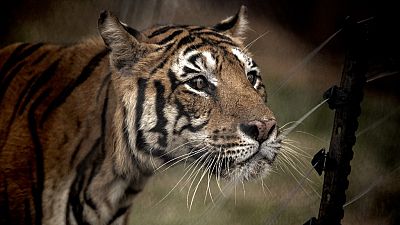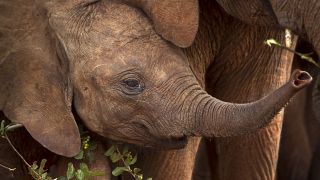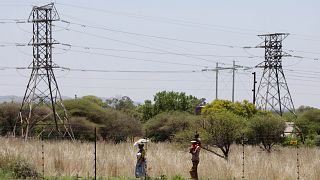South Africa
Marine and terrestrial wildlife species are facing the brunt of devastating floods in South Africa, coupled with extreme weather events across the continent linked to climate change, according to biodiversity experts.
Africa has already faced several climate-related woes in the past year: the ongoing fatal floods following insistent cyclones in the south, extreme temperatures in western and northern regions, and a debilitating drought that is currently afflicting eastern, central and the Horn of Africa.
The recent disaster in South Africa only awakens conversation about climate change.
Conservation and wildlife groups say it's critical to protect species from these climate change-related weather events.
According to the head of the climate change division at Conservation International, "Climate change is disrupting ecosystems and affecting the survival and suitability of species to live in their usual habitats."
"Massive disruption to ecological stability will occur if adequate adaptation and mitigation measures are not implemented. There is a need to incorporate climate-proofing of our protected areas. That way we boost nature's ability for resilience."
Ecosystems that thrive along Africa's popular white sandy beaches are also particularly vulnerable, according to Ibidun Adelekan, a geography professor at the University of Ibadan in Nigeria. Africa's coasts are at risk of coral reef ecosystem collapse due to bleaching, potential saltwater intrusion on freshwater aquifers, and more intense tropical cyclones.
Adelekan warned that greater damage to Africa's coastal biodiversity will also have considerable consequences for populations in towns and cities along its shores. "Persistent deprivation of terrestrial and marine ecosystems by human actions is leading to increased vulnerability of coastal and island communities to climate impacts," she told the Associated Press.
Her concerns are echoed by the Intergovernmental Panel on Climate Change, who earlier this year cautioned that African coasts with a "high proportion of informal settlements and small island states are exposed and highly vulnerable to climate change."
However, scientists are hopeful that improved coastal management of marine protected areas and better restrictions on the fishing industry will curb impacts on marine biodiversity.












Go to video
Nelson Mandela International Day 2025: The power to end poverty is in our hands
01:07
Only 35% of sustainable development goals on track to meet target, UN says
02:30
Morocco’s oases struggle to survive amid growing desertification
01:22
World will have to learn to live with heatwaves, UN says
02:14
Scientists find way to identify elephant ivory disguised as legal mammoth ivory
01:15
Morocco says 2024 was the hottest year with temperatures reaching 47.7 degrees